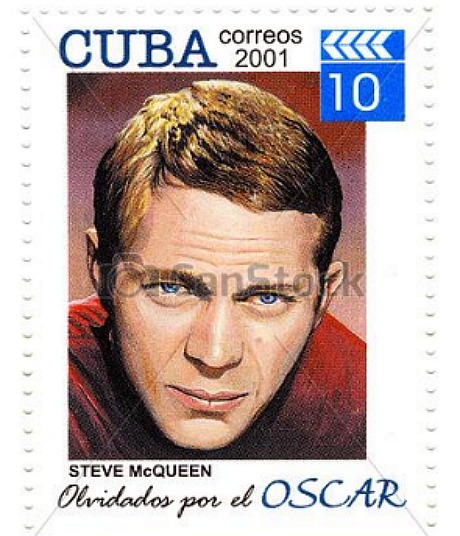In a 4.25 N.Y. Times interview with Jodie Foster, Frank Bruni observes that Money Monster, her fourth directed film following Little Man Tate, Home For The Holidays and The Beaver, “is by far the most ambitious — a New York City thriller with SWAT teams, explosives, George Clooney and Julia Roberts.”
The other day I wrote that “if I was lord and dictator of The Nice Guys, I wouldn’t allow face-punching.” And if I was lord and dictator of Money Monster, I would definitely prohibit SWAT teams and explosives.
I realize that it’s about a hostage situation, and that Jack O’Connell‘s Kyle Budwell, a frenzied guy who’s lost everything, is holding a gun on Clooney’s Lee Gates, and that the rote thing would be for the SWAT guys to aim their weapons and pick him off if possible. But how sick are you of SWAT teams? How sick to death are you of movie explosions? I know this sounds silly, but what if Foster and the Money Monster writers were to respond to this dicey situation in a somewhat different way? Not just tactically but dramatically, I mean.
What if a TV station security guy or a detective from a nearby precinct were to say to everyone, “Look, can we break precedent for once and not send in the SWAT team? Yes, we’ve got a loose cannon threatening a guy but let’s tone it down. Let’s use our heads and figure this guy out and play it one soft step at a time.” I would melt in my seat if Money Monster did that. “Thank you, Jodie!,” I would shout from my tenth-row-seat.
Robert Towne went a little bit in this direction when he did an uncredited rewrite of 8 Million Ways to Die (’86), which was director Hal Ashby‘s last film. According to Ashby biographer Christopher Beach, Towne wrote a scene in which Jeff Bridges‘ Matt Scudder shoots a suspect who’s just hit a policeman with an unlikely weapon — a rocking chair. Ashby changed the weapon from a rocking chair to a baseball bat. Towne was furious at Ashby for doing so, and they were never entirely cordial after that.
Bottom line: Either you’re the kind of filmmaker who understands that rocking chairs are far more interesting, or you’re not. Either you get that people are sick of baseball bats, or you don’t.








